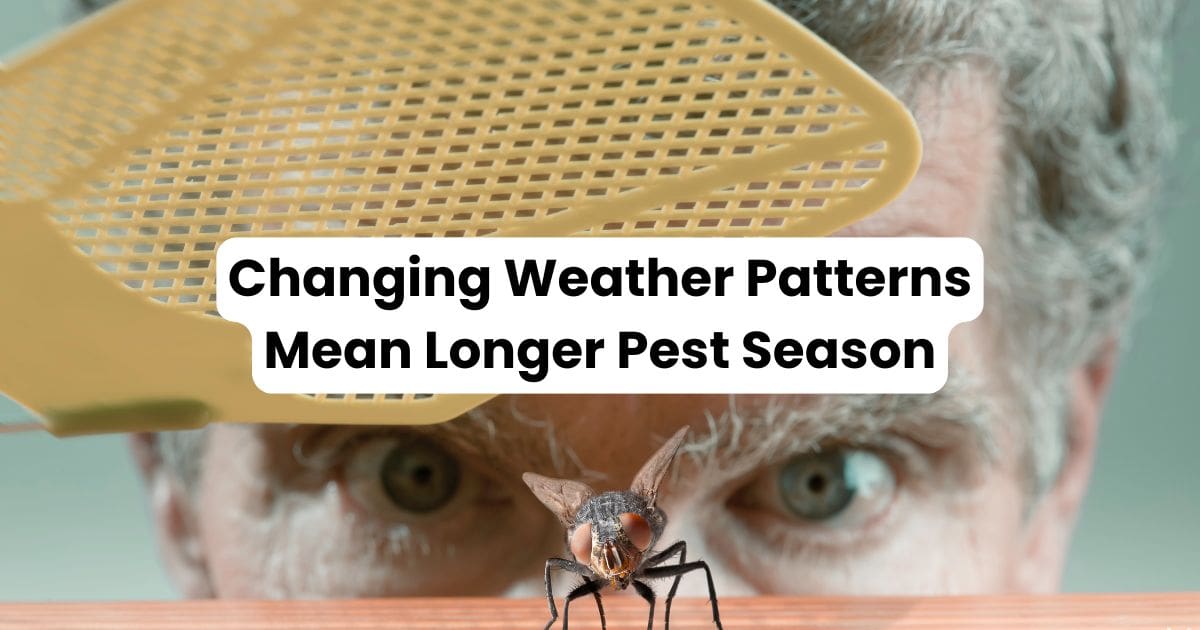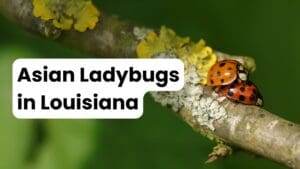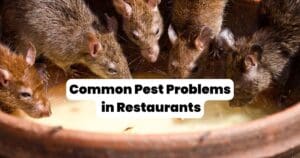Fall may have officially arrived, but don’t expect your pest problems to disappear yet. Abnormal weather patterns are disrupting seasonal pest activity. These changes leave homeowners dealing with summer pests well into the colder months.
The New Reality: Delayed First Freezes Mean Extended Pest Activity
The National Pest Management Association’s Bug Barometer indicates that warmer weather is helping pests thrive even after their regular season.
“Typically, pest activity tends to slow after the first official freeze,” explains Dr. Jim Fredericks, Senior Vice President of Public Affairs for NPMA. When late cold snaps occur, typical summer pests remain active.
“Typically, pest activity tends to slow after the first official freeze,”
Dr. Jim Fredericks, Senior Vice President of Public Affairs for NPMA
This extended pest season isn’t just an inconvenience; it’s a genuine health concern. Mosquitoes, ticks, and rodents are staying active for longer periods. This extended stay increases the risk of diseases such as West Nile virus and Lyme disease, among others. When winter arrives, pests won’t disappear; instead, they will seek indoor shelter, bringing health risks into homes.
Coast-to-Coast Pest Persistence
The extended pest season is unfolding differently across various regions. Still, a common thread is clear: summer pests are overstaying their welcome nationwide.
Eastern Regions
In areas from Maine to Virginia, winter is milder and drier. This is good for ants and mosquitoes, as they can stay active longer than usual. The reduced snowfall and fewer deep freezes mean tick populations are thriving, setting the stage for even more encounters come spring.
Western States
Desert areas from California to Colorado have scorpions and spiders that are more active than usual. As temperatures drop, more rodents are expected to come indoors in search of shelter.
Southern States
Louisiana, Texas, and Mississippi are having a warmer fall than usual. This warm weather is keeping mosquitoes active. Due to the mild weather, more rodents are entering homes earlier to find food and shelter.
Northern Plains and Midwest
Even cold winter areas like North Dakota and Minnesota are experiencing changes. Rodents are not going inside as usual because it is warmer. Less snow is helping ticks live and grow during the winter.
The Health Stakes Are High
An extended pest season isn’t merely about dealing with a few extra buzzing insects. Extended pest seasons pose profound health implications that homeowners need to be aware of. Mosquitoes can transmit West Nile virus, while ticks spread Lyme disease and the increasingly concerning alpha-gal syndrome.
Perhaps most alarming, when cold weather finally arrives, it drives rodents indoors, who can carry over 35 different diseases, including hantavirus, leptospirosis, and even plague.
Take Action Before Pests Move In
The key to managing this extended pest season lies in proactive prevention rather than reactive treatment. Waiting until you see pests is waiting too long. The changing seasonal patterns require a more strategic approach to home protection.
- Seal entry points around windows, doors, and foundation cracks to prevent pests.
- Eliminate standing water sources to remove breeding grounds for mosquitoes and other pests.
- Keep areas free of food debris to reduce attraction for insects and rodents.
- Maintain clean spaces to deter pests further.
Landscape management also plays a role:
- Trim vegetation around your home’s exterior to reduce pest access.
- Store firewood at least 20 feet away from the house to prevent pest breeding.
- Schedule regular professional inspections to catch potential pest issues early.
Adapt Your Pest Prevention to the New Normal
Climate patterns are reshaping the traditional pest control calendar, and homeowners need to adapt accordingly. The predictable seasonal rhythms that once guided pest management are giving way to extended activity periods, requiring year-round vigilance.
This change requires a careful approach to pest control. It needs to consider local differences, weather changes, and how pests behave. Working with skilled pest control experts is important. They understand these shifts and can help protect homes and families from health risks caused by longer pest seasons.
As we navigate this new reality of prolonged pest activity, the message is clear: the traditional “pest season” is evolving, and our prevention strategies must adapt to it. Don’t let your guard down just because the calendar says it’s fall. Summer pests might be planning to stick around a lot longer than you’d like.






